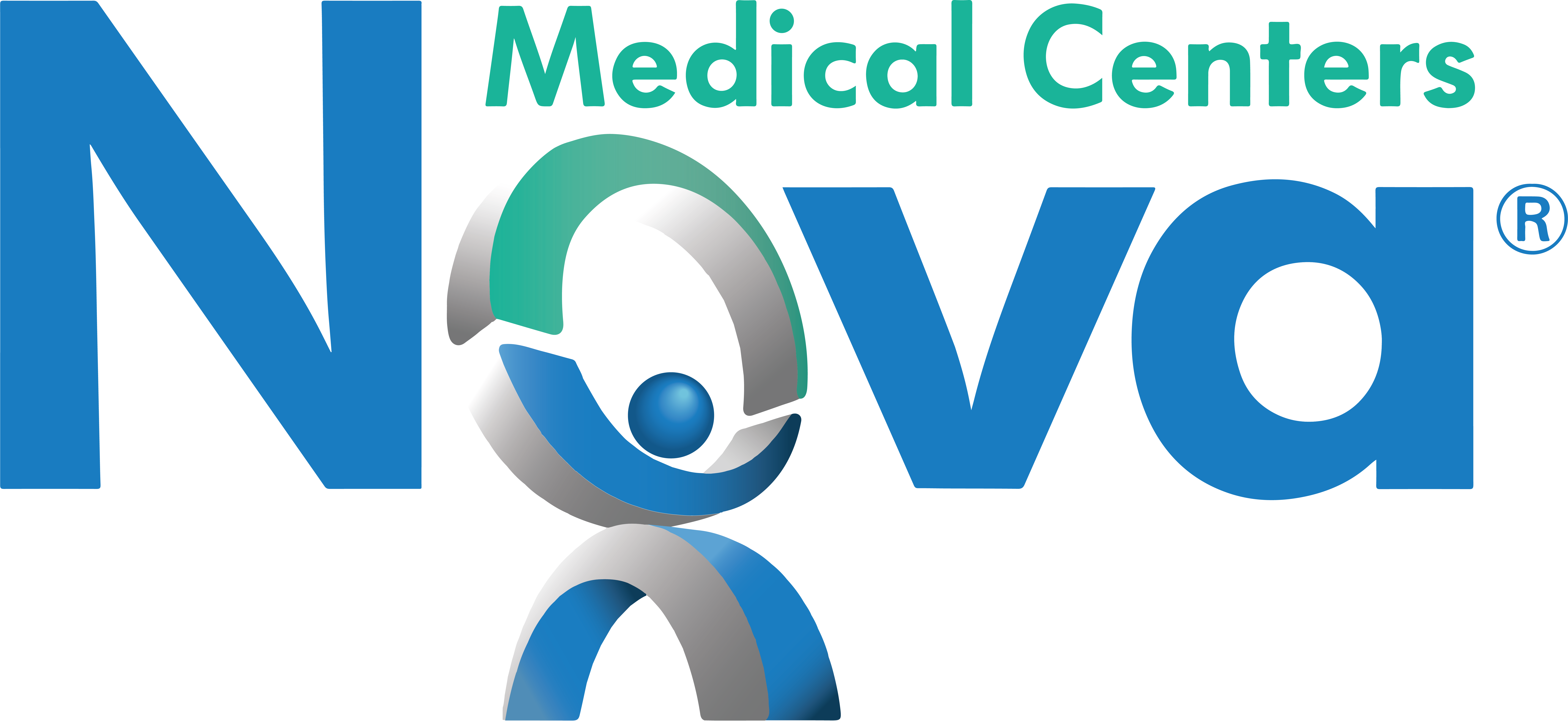The sun is shining overhead and a warm breeze fills the air…it’s summer! If you work outdoors, you might consider yourself lucky. That is, until the humidity rises and the sunlight seems inescapable—leaving you longing for a cool shower, an icy drink, and some air conditioning. Whether you work outside through all four seasons or your job takes you outdoors when the weather is nice—even if you’re just out enjoying your lunch break—it helps to know how to stay safe and healthy. Here’s an overview of the summer occupational hazards of heat stress and UV radiation, with tips and resources for where to learn more.
Heat Stress
Overexposure to heat, sunlight, and even humidity can lead to a number of physical problems, ranging from painful sunburn to death from heat stroke. The human body is engineered to handle a certain degree of heat, regulating its temperature through blood vessels in the skin, but it stops working effectively when it’s overtaxed—even without exertion and over the course of several days. That’s why it’s important to know the forms of heat stress, starting with the most extreme:
Heat stroke requires immediate emergency attention and occurs when the body is unable to cool down, having lost its ability to control its temperature. A person suffering heat stroke may have mental impairment including confusion, disorientation, or loss of consciousness. Its precursor is heat exhaustion, often a result of excessive sweating, loss of water and salt, and recognized by headache, nausea, vomiting, dizziness, and fainting. It may be preceded by a fainting episode due to heat or dehydration (heat syncope), swelling of the hands or feet (heat edema), and tingling (heat tetany)—usually of the wrists—often caused by hyperventilation. A person may also experience painful heat cramps in their muscles or irritating heat rash on their skin.
Things you can do to stay safe:
- Drink enough liquids—1 cup every 15-20 minutes—so you never “feel” thirsty. Stick with water and try to avoid alcohol and too much caffeine and sugar.
- Gradually acclimate yourself to being in the heat by increasing your exposure for a week or two.
- Take rests in cool or shaded areas.
- Know your limits. Workers at the greatest risk are those who are ages 65 and older, are overweight, have high blood pressure, or take medications that may be affected by extreme heat.
- Dress for the weather in clothing that is light-colored, lightweight, loose-fitting, single-layered, and breathable so sweat can easily evaporate.
Learn more:
Centers for Disease Control and Prevention—Heat stress
OSHA’s Occupational Heat Exposure
UV Radiation
Heat from the sun isn’t the only hazard you should be aware of. Despite sunlight’s positive affects (think vitamin D), exposure to its invisible ultraviolet rays can be a risk factor for skin cancer, cataracts, suppression of the immune system, and premature aging of the skin. UV’s intensity is highest in summer and between the hours of 10:00 a.m. and 4:00 p.m., and rays can reach you through cloud cover and by reflecting off of surfaces like pavement, sand, and water—even if you’re in the shade.
Things you can do to stay safe:
- Take preventive measures on sunny and cloudy days, especially between the peak mid-day hours.
- Apply broad-spectrum sunscreen with a minimum SPF 15—and make sure it’s not expired. Use liberally at least 20 minutes before sun exposure and reapply every 2 hours.
- Wear protective clothing: a hat with a wide brim, wrap-around sunglasses with full UV protection, and darker fabrics that don’t transmit much light
Learn more:
Centers for Disease Control and Prevention—UV Radiation
American Optometric Association—UV Protection
EPA’s SunWise Program: UV Radiation
When it comes to safety at work or play, it’s better to be safe than sorry. Pay attention to training programs your employer provides and look out for your coworkers. Stay alert and respond quickly if you suspect trouble. Enjoy your opportunities to work outdoors—just be aware of your body’s signals and always put safety first.



